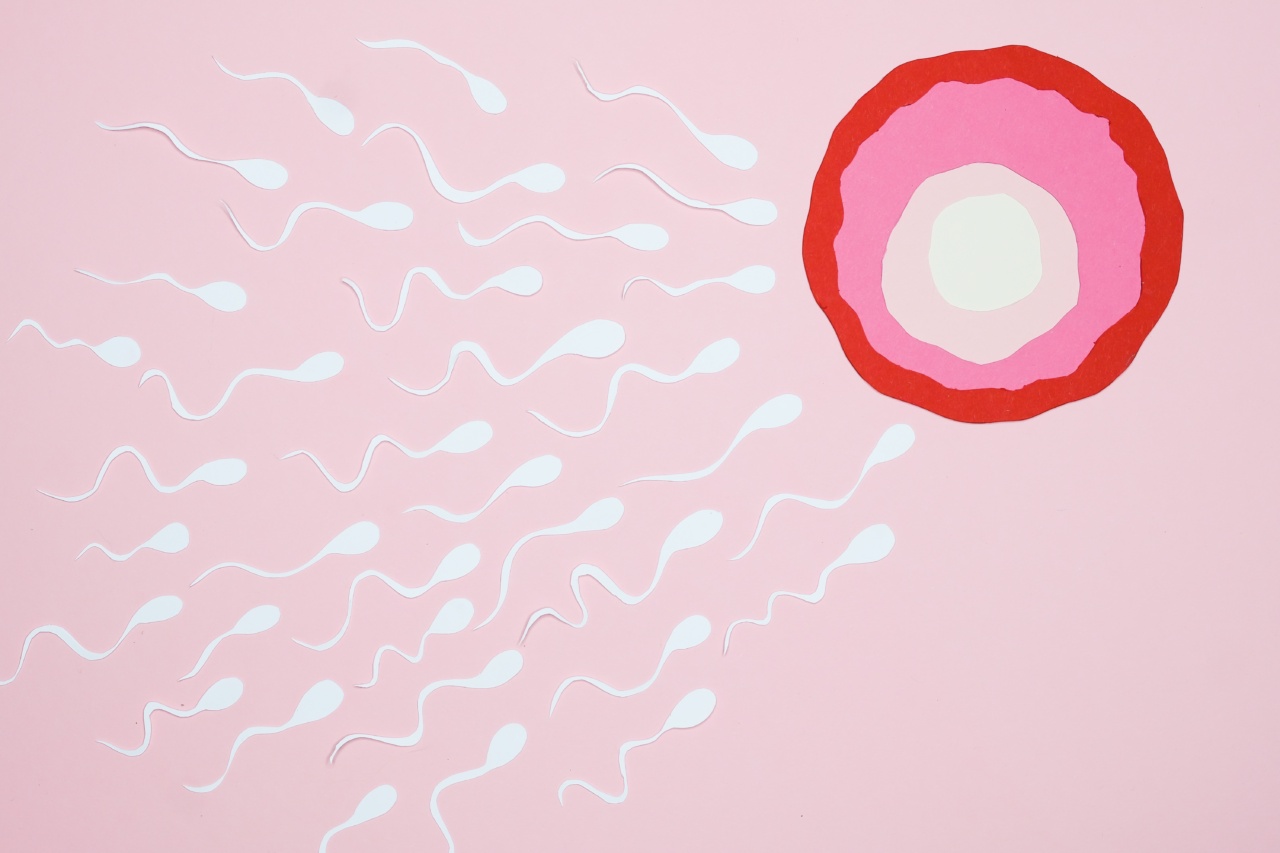Conception and fertility are processes that are influenced by several factors, including diet and lifestyle choices. One approach that has gained popularity in recent years is fasting.
Fasting is the practice of abstaining from food and, in some cases, drinks for a specific period of time. While fasting can have numerous health benefits, it is essential to evaluate its effects on fertility, particularly when considering starting a family. This article explores the potential impacts of fasting before conception on fertility.
What is Fasting?
Fasting has been practiced for centuries and has religious, spiritual, and health-related roots. It involves voluntarily refraining from consuming any food or drink over a defined period.
The duration of fasting can vary, ranging from a few hours to several days or more. There are different types of fasting, including water fasting, juice fasting, and intermittent fasting.
The Link between Fasting and Fertility
Fasting has been associated with various health benefits, such as weight loss, improved insulin sensitivity, and enhanced cellular repair. However, when it comes to its direct effects on fertility, scientific research is limited.
Most studies on the subject focus on the impact of diet and nutrition on fertility rather than the specific role of fasting.
Potential Benefits of Fasting on Fertility
While comprehensive studies specifically addressing fasting and fertility are lacking, some indirect evidence suggests potential benefits.
For example, fasting can help regulate insulin levels and improve insulin sensitivity, which are crucial factors in reproductive health. Balanced insulin levels contribute to hormone regulation, which is necessary for regular menstrual cycles and ovulation. Therefore, fasting could indirectly benefit fertility by supporting healthy hormonal balance.
Promoting a Healthy Weight and Fertility
Weight is another crucial factor when it comes to fertility. Both obesity and being underweight can negatively affect reproductive health.
Fasting can aid in weight management and promote a healthy body mass index (BMI), which may enhance fertility outcomes for individuals who are overweight or obese.
However, it is essential to note that extreme fasting or rapid weight loss can lead to hormonal imbalances and disruptions in the menstrual cycle, ultimately affecting fertility.
Therefore, moderation is key when incorporating fasting as part of the pre-conception plan.
Fasting and Hormonal Balance
As previously mentioned, insulin is not the only hormone affected by fasting. Other hormones, such as growth hormone, cortisol, and leptin, also play a role in reproductive health.
Studies have shown that short-term fasting can increase the production of growth hormone, which may positively influence fertility.
Moreover, fasting can reduce leptin levels. Leptin is a hormone involved in regulating appetite and energy balance. Excessive leptin levels have been linked to impaired reproductive function, including irregular menstrual cycles and ovulation.
By reducing leptin levels, fasting may contribute to improved reproductive outcomes.
Considerations and Precautions
While fasting may offer potential benefits for fertility, it is crucial to consider individual circumstances and consult with healthcare professionals before embarking on a fasting regimen.
Some women may be more susceptible to hormonal imbalances or reproductive disorders, making fasting less suitable or requiring specific adjustments.
Additionally, individuals planning to fast should ensure they meet their nutritional needs during non-fasting periods.
A well-balanced diet rich in essential nutrients, including folate, iron, calcium, and omega-3 fatty acids, is vital for reproductive health and fertility.
Conclusion
In summary, the effects of fasting before conception on fertility are not yet fully understood due to limited scientific research.
While fasting exhibits potential benefits for hormonal regulation, weight management, and overall health, its direct impact on fertility requires further investigation. It is recommended to consult with healthcare professionals and consider individual circumstances before incorporating fasting into a pre-conception plan.































